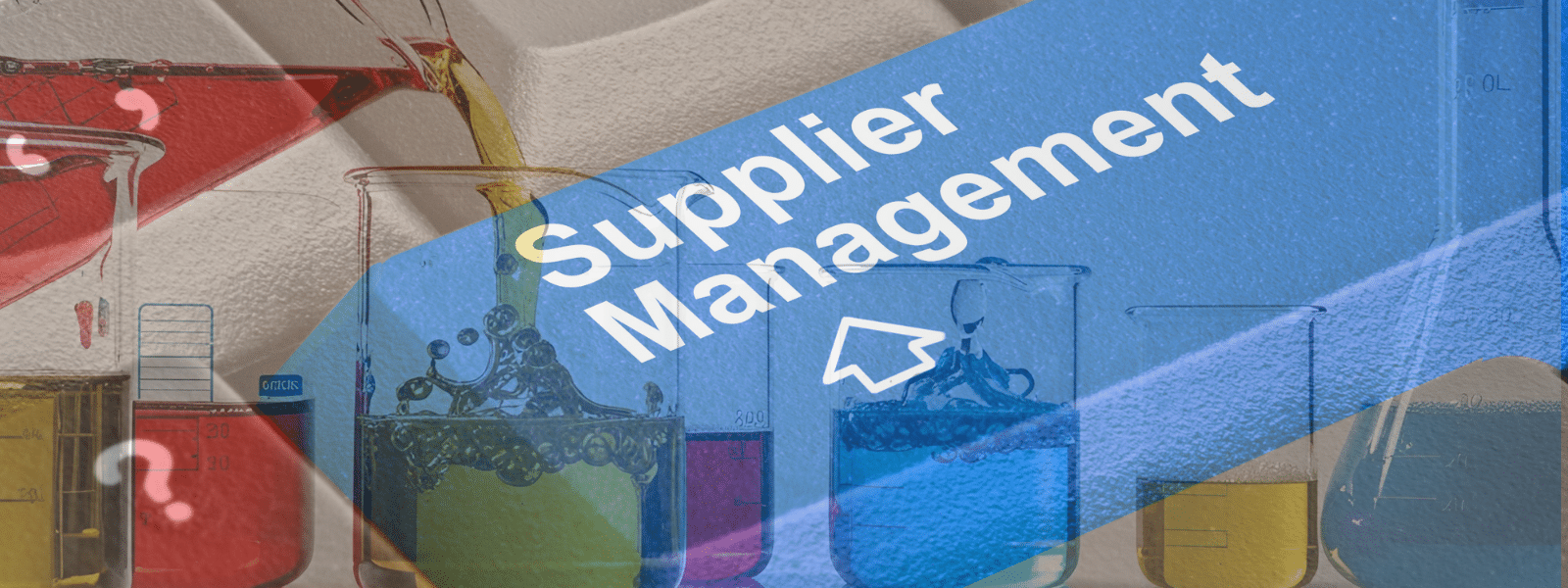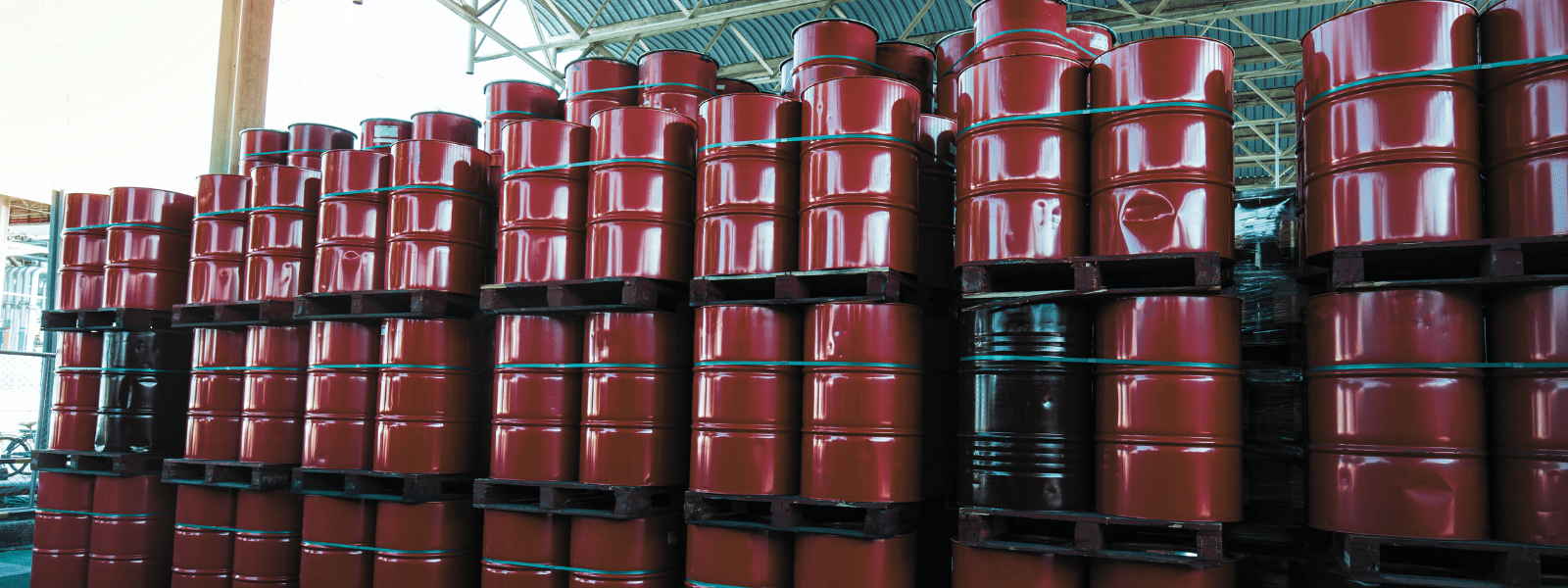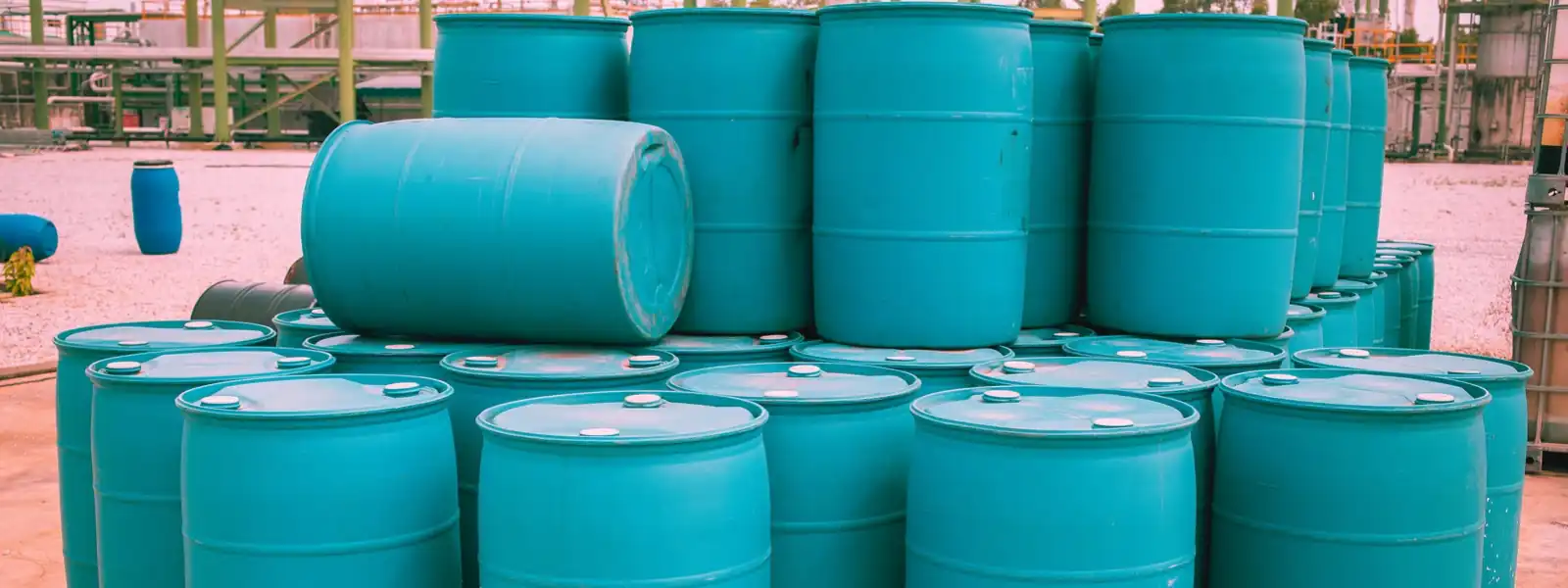Companies and organizations frequently replace old solvents with new ones that are “better” in some way than the solutions they replace. In some cases, better means better for a particular type of parts washing system. In other cases, it means better for dissolving a particular type of accumulation, and the list goes on.
Finding better industrial chemicals obviously depends partly on the needs of a specific customer. But there are also criteria that denote “better” industrial chemicals for practically every type of end user. Below, we list four of the most important of these criteria, and explain why they make a solvent that possesses them more advantageous to use than one that doesn’t.
- Low VOC Content
Don’t let the organic origin of volatile organic compounds (VOCs) fool you. Many VOCs are profoundly dangerous to human health and the health of animal life. Some VOCs have more of a risk factor than others, but using solutions that have low VOC content is almost always a safer option than deploying cleaning solutions that have high VOC content.
- Low HAP Content
Some VOCs are considered hazardous air pollutants (HAPs), but the environmental protection agency’s HAP list extends beyond VOCs. Practically every kind of HAP causes two types of problems in workers exposed to it, not to mention the environmental toll: temporary ailments due to acute exposure (e.g., difficulty breathing, upset stomach, and dizziness) and permanent maladies that result from chronic exposure (e.g., nerve damage, lung damage, and cancer).
- High Flashpoint
As you may already know, the flashpoint of a solvent is the temperature at which it ignites. Situations in which a cleaning solution should ideally have a high flashpoint include: dielectric cleaning, cleaning in environments that have open sources of open flame (e.g., a metal foundry), and cleaning equipment that is exceptionally hot or energized.
There is virtually no situation in which using a solvent that has a high flashpoint is considered disadvantageous. Solvents that have a high flashpoint or no flashpoint also promote fire safety by making it easier to store the solvents. For example, no flashpoint solvent tht has fire retardant packaging may be stored in a space that contains electrical switchboard equipment.
- Dielectric Formulation
Some solvent applications don’t require a dielectric solvent, but having a dielectric solvent on hand is always a good idea. If you ever need to clean energized equipment, a cleaner that has a strong dielectric formulation will help you do it safely. Ecolink offers dielectric solvents for a broad array of cleaning tasks and in various formulations regarding dielectric strength.
Who We Are
Ecolink is a provider of environmentally preferred industrial chemicals. This makes us an excellent supply option for stock cleaners and custom cleaners that are better than many traditional cleaners in terms of human health and environmental preservation.
For assistance selecting better industrial chemicals than the ones you use right now, please call us today at (800) 563-1305, or use our contact form. We look forward to helping you choose better cleaners.














